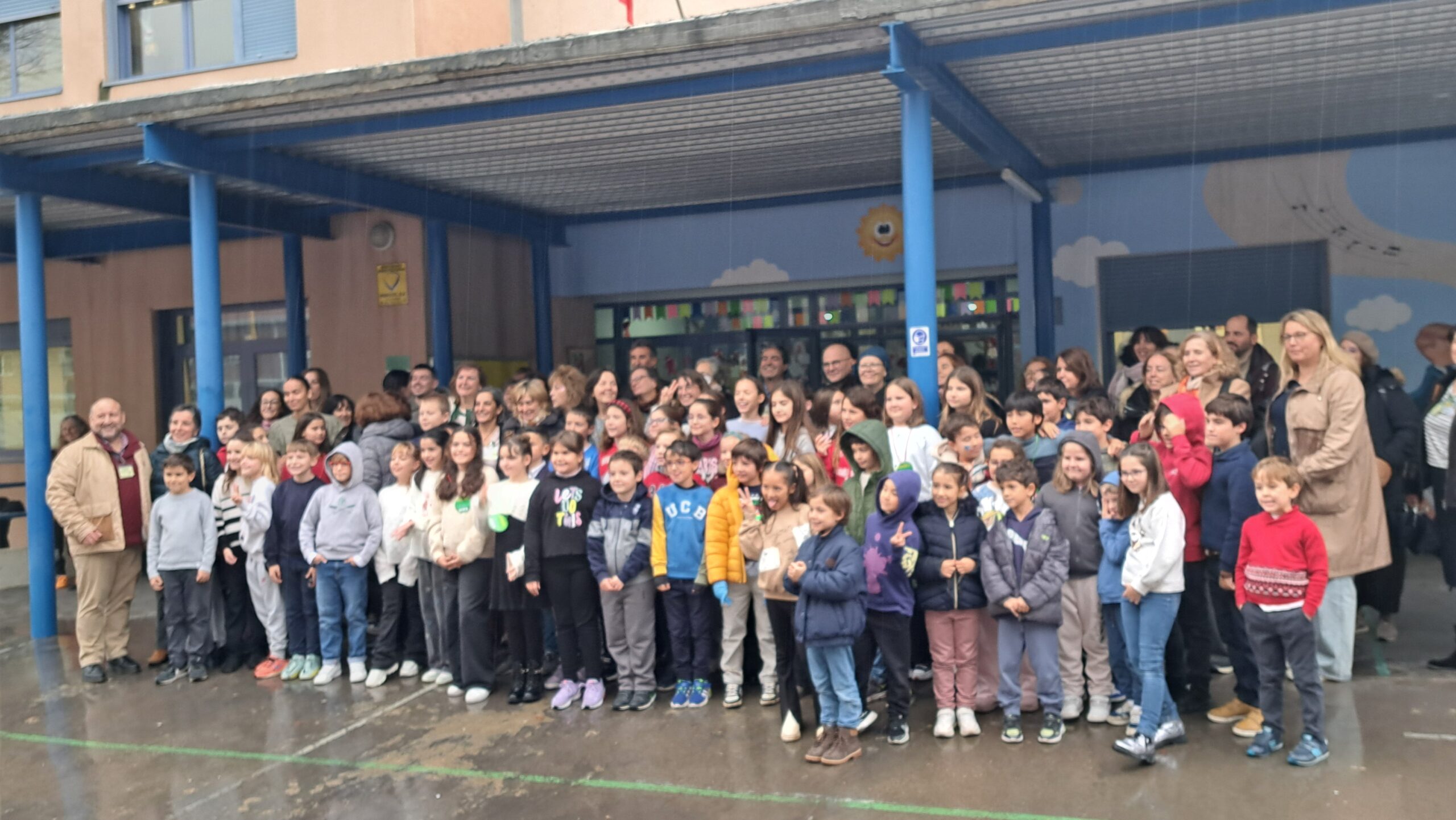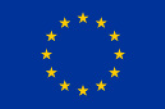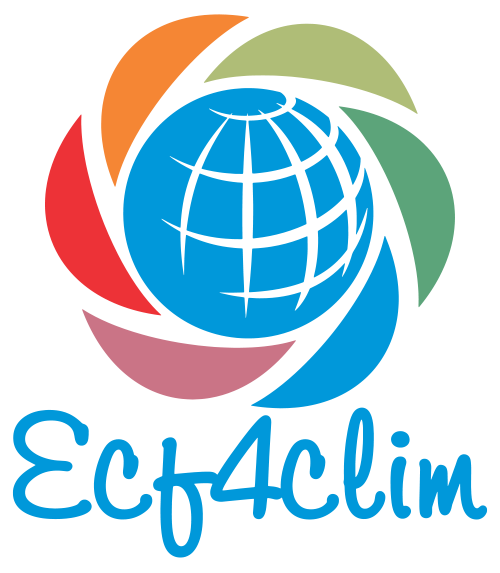In the face of climate change, biodiversity loss, and rising social inequalities, education for sustainability is not just an academic goal—it’s a moral and practical imperative. However, fostering sustainable thinking goes far beyond memorizing environmental facts or promoting green habits. It requires cultivating meta-skills: deep, transferable capacities that empower learners to adapt, lead, and design change in a rapidly evolving world.
At the core of sustainability education lies systems thinking—a meta-skill that allows learners to perceive the connections between ecological, economic, and social systems. It helps students grasp how climate, consumption, and justice are intertwined, enabling them to move beyond simplistic solutions toward holistic, long-term strategies.
But systems awareness alone is not enough. Today’s students need autonomy—the ability to take initiative, make decisions, and take responsibility for their own learning and actions. In the context of sustainability, this means being able to act not just when told, but when needed. Paired with self-discipline, students can learn to set goals, stay focused, and persevere in tackling complex, real-world problems that have no easy answers.
Critical thinking and ethical reasoning are essential meta-skills in a world full of conflicting interests and uncertain futures. Whether evaluating the fairness of carbon offset markets or the ethics of AI in environmental monitoring, students must be able to assess trade-offs, question assumptions, and consider long-term consequences—especially for those most vulnerable.
In addition, we must nurture a designer mindset: the ability to frame complex problems and create adaptive solutions. Sustainability challenges are often “wicked problems” without clear definitions or easy fixes. Equipping students with design skills—like problem formulation, iterative thinking, and prototyping—allows them to become solution-shapers, not just passive observers.
Here, entrepreneurial mentality becomes critical. Not in the narrow sense of starting a business, but in the broader sense of becoming producers of solutions—creative, proactive individuals who can identify needs, mobilize resources, and act with purpose. Whether launching a local food cooperative or developing a digital tool to reduce energy use, students with an entrepreneurial mindset contribute actively to sustainable transitions.
We also can’t forget creativity, empathy, and collaboration—skills that make it possible to work across disciplines, cultures, and communities to reimagine a better future. And as emotional intelligence grows, so does the capacity for solidarity, compassion, and shared responsibility—critical ingredients in building a just and sustainable world. By integrating meta-skills like these into sustainability education, we transform school into more than a place of content delivery. It becomes a space where learners build agency, imagination, and resilience—where they are not only prepared to live in the future, but to shape it.







